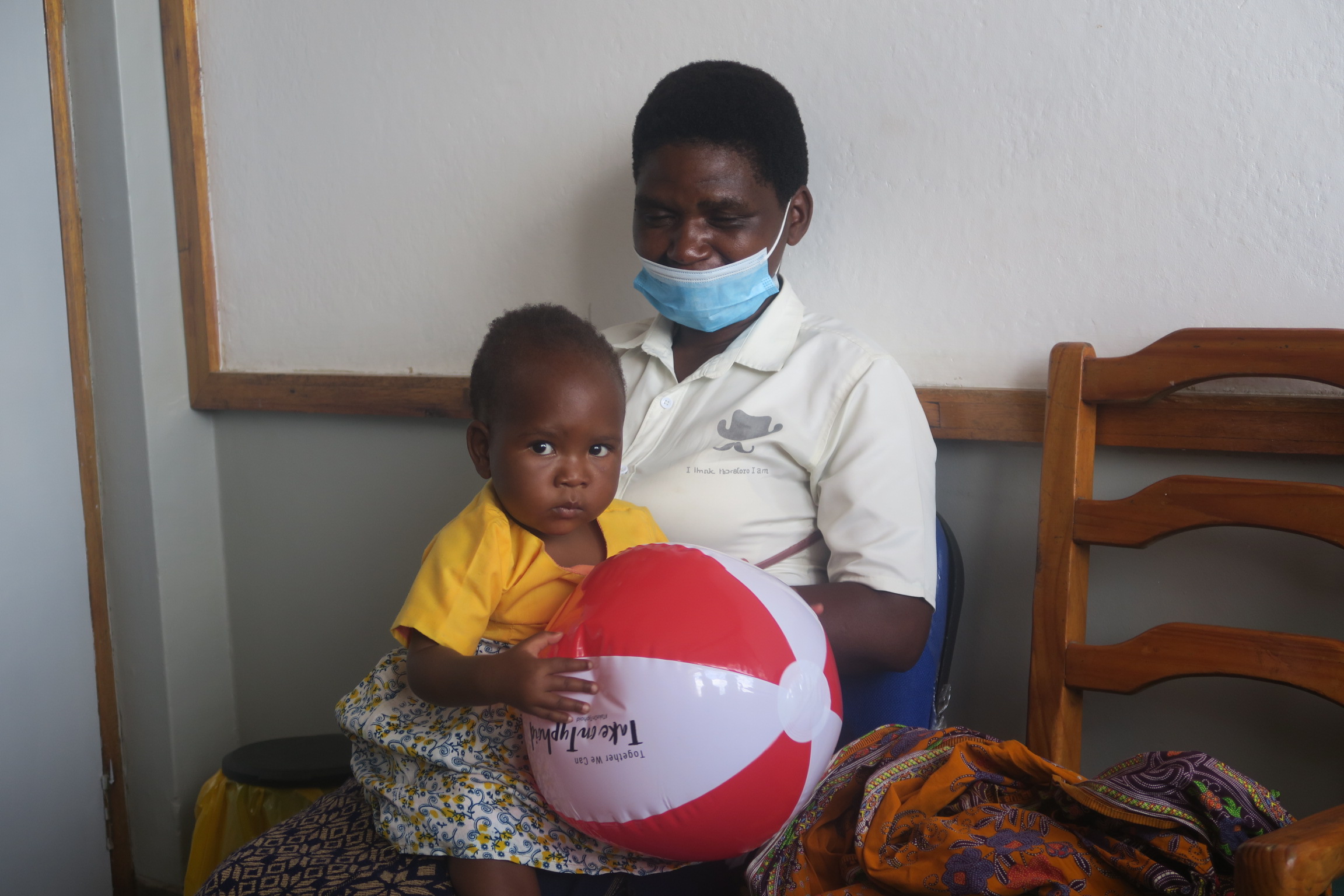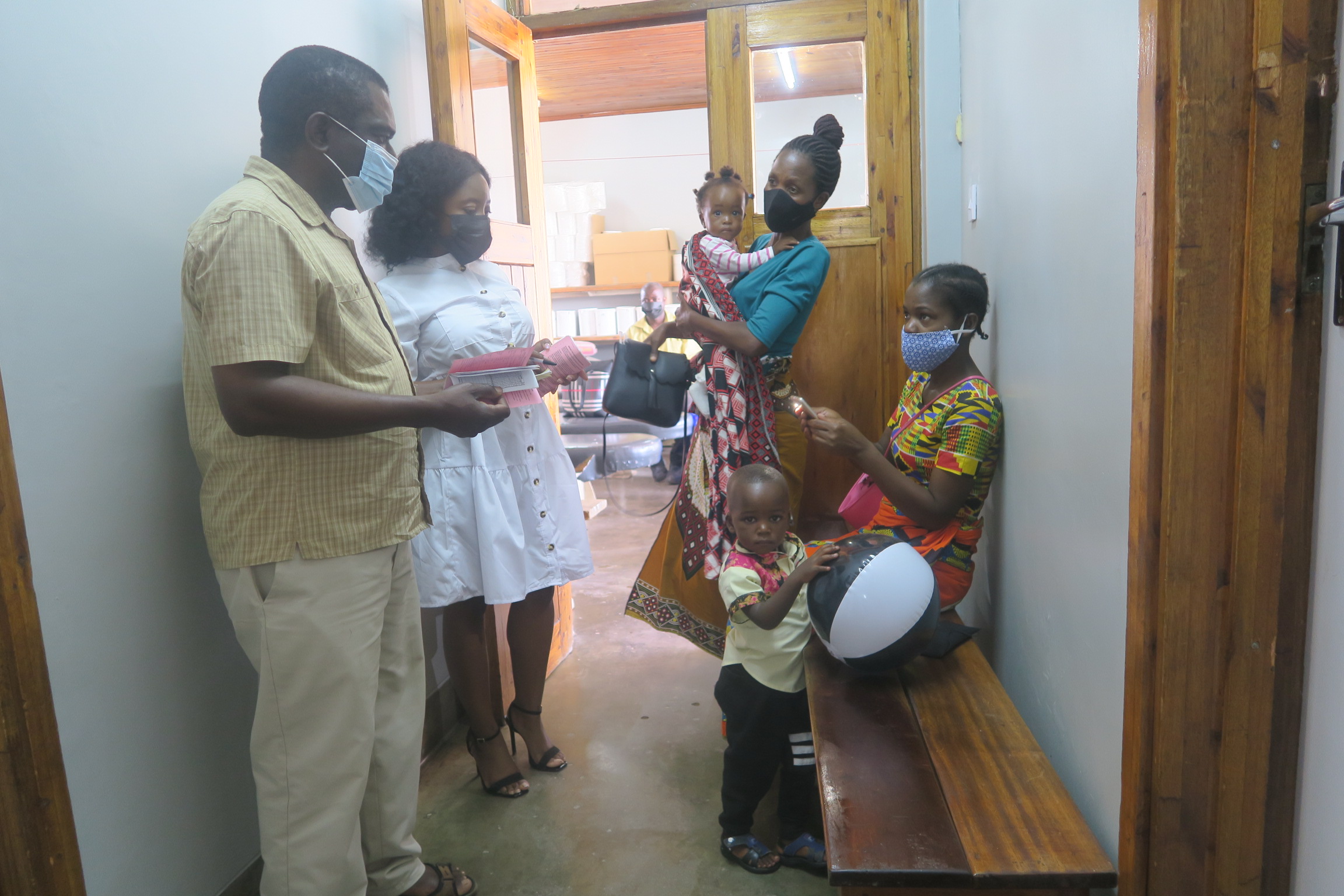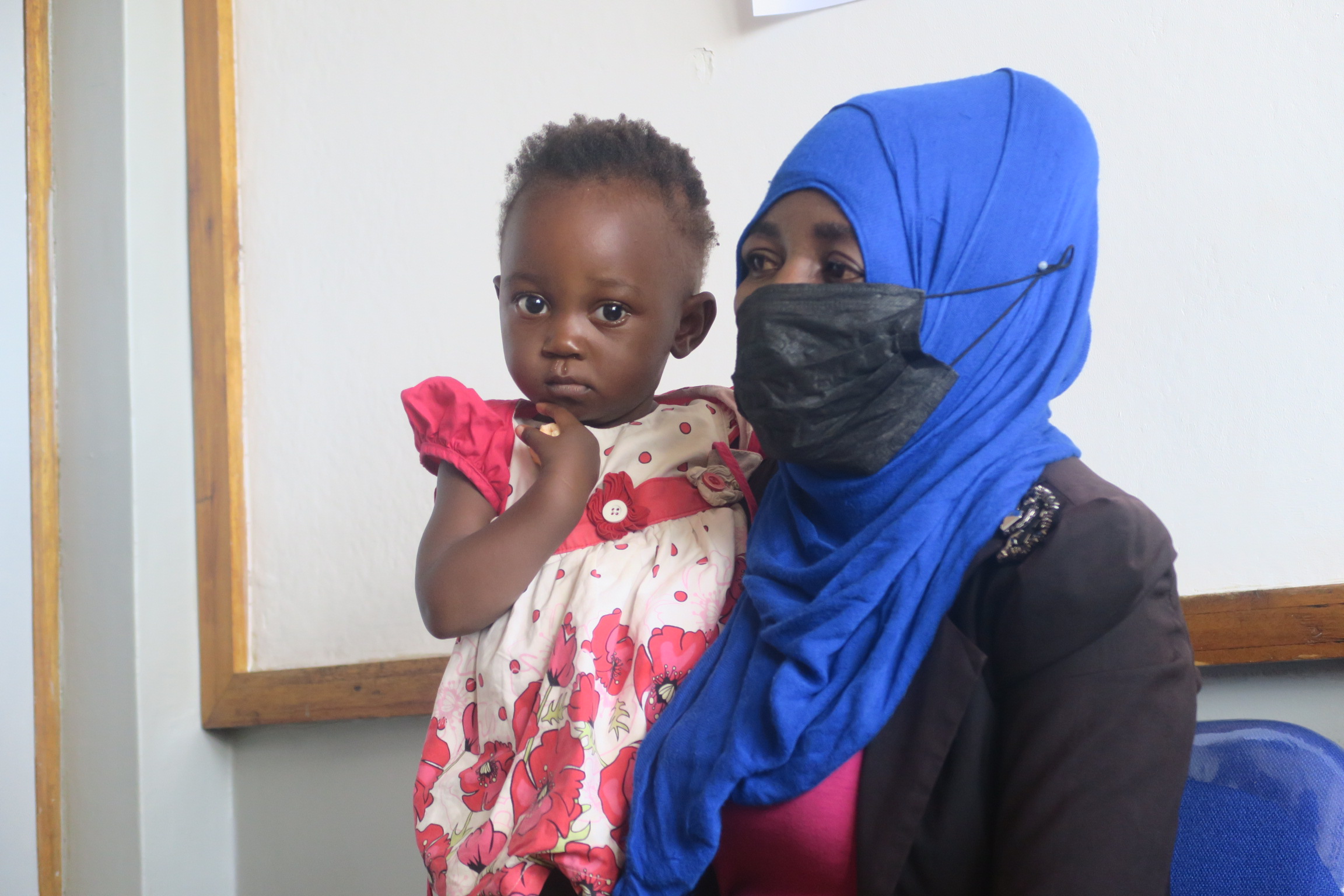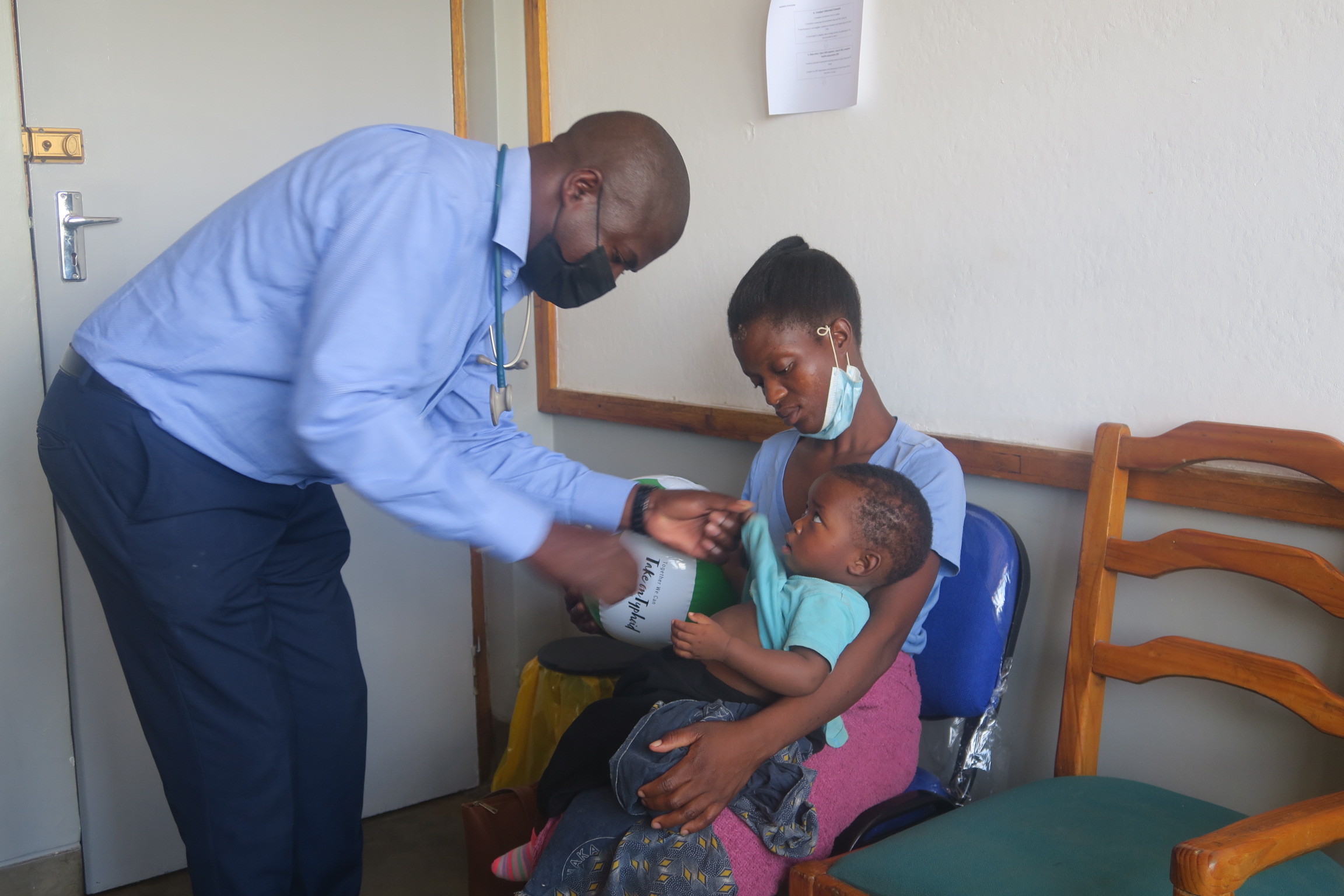While great progress has been made to reduce the burden of typhoid, there are more than 7 million cases per year and more than 93,000 annual deaths, according to recent Global Burden of Disease data. As countries work to prevent and control typhoid, Ministries of Health are often addressing multiple, simultaneous, public health challenges, including outbreaks and ongoing disease transmission.
In Malawi, typhoid is a persistent health risk to children younger than 15 years old. A large typhoid surveillance study – the Strategic Typhoid Alliance across Africa and Asia (STRATAA) – estimated a high rate of multidrug-resistant typhoid in the country. Malawi introduced typhoid conjugate vaccines (TCVs) in May 2023 as part of a nationwide campaign that reached more than 7 million children. A recent study provides novel data on the safety of TCVs in HIV-exposed, uninfected children.
TCVs protect children in typhoid- and HIV-endemic countries
A single dose of TCV is safe, effective, and provides strong protection against typhoid for at least four years. However, there are no data on effectiveness of TCVs in children exposed to human immunodeficiency virus (HIV) in sub-Saharan Africa, where 90% of children exposed to HIV reside. HIV exposure can cause impaired immune responses to vaccines, which can result in increased risk of illness. Additionally, many countries that have a high prevalence of typhoid also have a co-burden of HIV. Therefore, it is important to understand and confirm that TCVs are safe and effective in children born to women living with HIV.
|
|
TCVs in special populations
Researchers found TCVs are safe and well tolerated in children exposed to HIV, which means the children can follow the routine immunization schedule in their country. This finding has programmatic importance for HIV and typhoid co-burden countries that have introduced or plan to introduce TCVs into routine immunization.
Children vaccinated with TCV at 9 months of age had similar protection against typhoid as those vaccinated at 15 months. This means that decision makers can base TCV vaccination timing on country-specific needs and existing routine immunization scheduling, and typhoid protection will remain effective.
These data also suggest TCVs are effective in children with impaired nutritional status. Children exposed to HIV often have nutritional indicators below international standards, yet TCVs elicited an immune response in this population. This is an important finding for healthcare workers, as they can reassure caregivers of the safety of TCVs for children with impaired nutritional status and/or HIV-exposed, uninfected children.
These findings further support a single dose of TCV is safe, immunogenic, and effective. In typhoid and HIV co-endemic populations, TCVs hold great promise to protect all children.
Cover photo: The Blantyre Malaria Project (BMP) team in Malawi. Credit: BMP.







